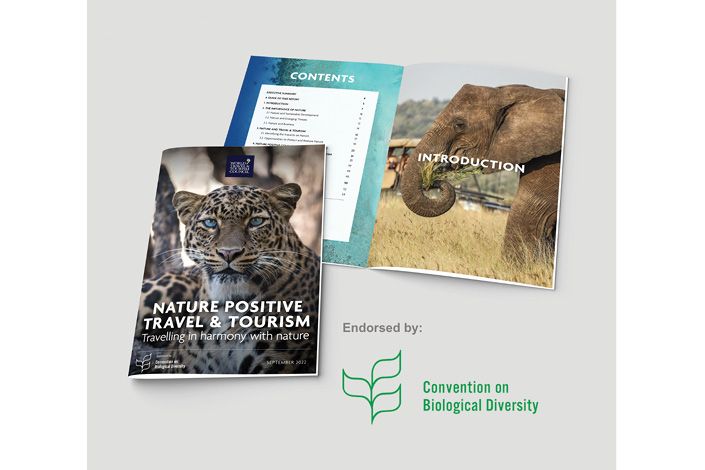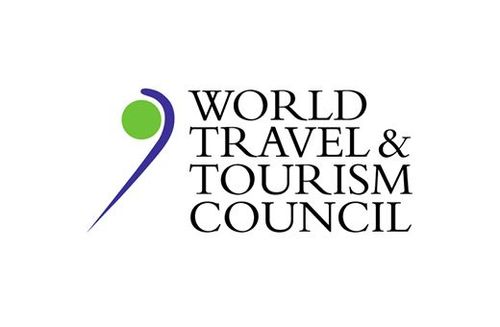Where travel agents earn, learn and save!
News / WTTC publishes ground-breaking report on how Travel & Tourism can reverse nature loss
Biodiversity is crucial to the Travel & Tourism sector’s growth and resilience

A new report published today by the World Travel & Tourism Council (WTTC), shows how Travel & Tourism can play a critical role in halting and reversing the destruction of nature.
The report, which will help businesses understand and manage their impact on biodiversity, is launched ahead of the UN Biodiversity Conference (COP15) in December, where global governments will finalise actions to transform society’s relationship with nature, offers new hope for global nature conservation.
‘Nature Positive Travel & Tourism’, created jointly with ANIMONDIAL, a key advisor to global Travel & Tourism on animal and nature protection, and in collaboration with global businesses within the sector, has also been endorsed by Secretariat of the Convention on Biological Diversity (SCBD).
The report will help businesses act on the very real and urgent need to better protect biodiversity and nature.
Travel & Tourism businesses are uniquely placed to take positive actions to restore nature and, through nature-based solutions and decarbonisation, achieve Net Zero.
With nature tourism representing 20% of global tourism, the report shows just how crucial nature is for destinations around the world.
Wildlife, a primary motivator for nature tourism, contributes U.S.$343 billion to the global economy every year, and supports nearly 22 million jobs around the world.
Biodiversity is also intricately tied to other critical issues, such as climate change and emerging diseases, with the potential impact of the latter so starkly demonstrated by the COVID-19 pandemic.
Addressing the loss of biodiversity is not only crucial for the sector and its resilience, but also for the global economy and society.
Although global Travel & Tourism values nature and remains committed to protecting people and planet, WTTC believes more guidance is needed on the importance of biodiversity, the key drivers of biodiversity loss, and the key components to better protect and restore it.
To tackle this, the report offers a roadmap based on a four-phase framework with practical steps to guide the sector in adopting a Nature Positive approach: assessing operational impact, setting out a strategy, identifying essential actions, rolling out and reviewing the programme, and harnessing communication opportunities.
The report also offers four actions businesses can achieve in the short term: reconnecting people and nature, supporting sustainable value chains, protecting animals and their welfare, and investing in nature.
Both the private and public sectors have different roles to play. But meaningful change can and will only be achieved if the two work together to better protect animals and nature.
To read the report in full, please click here.










